There are so many types of pets out there, but some are banned in the U.S. If you’re planning to enter the country, be sure to know whether your furry friends are allowed to come with you. Here are 19 animals that are forbidden from crossing the U.S. border.
Terrapins
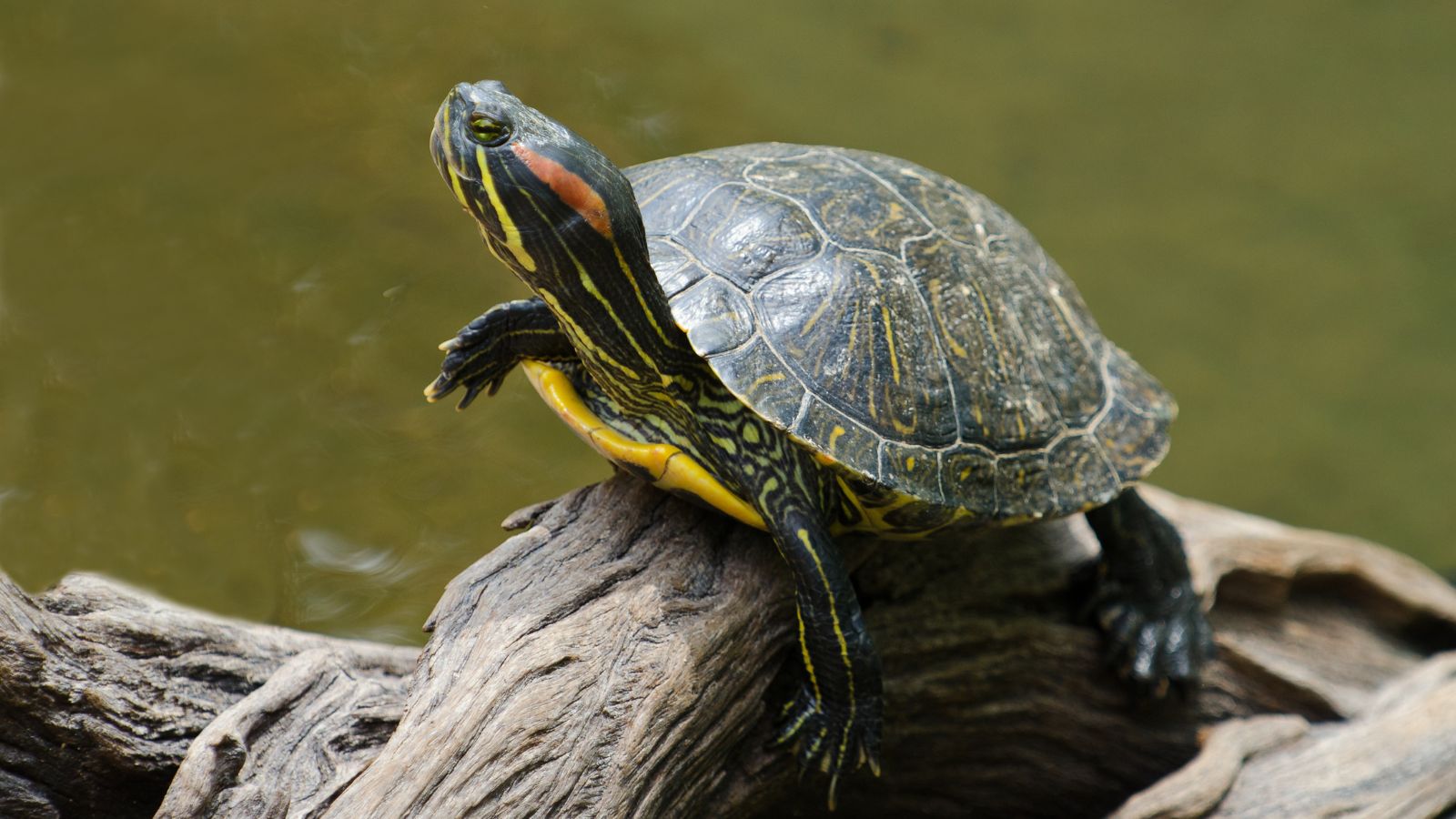
The CDC states that terrapins shorter than four inches in length are not allowed to enter the United States if they’re intended for commercial use. These tiny reptiles have been recognized as dangerous vectors of salmonella since the 1970s. However, the rules for non-commercial importation are less strict.
Tamarins
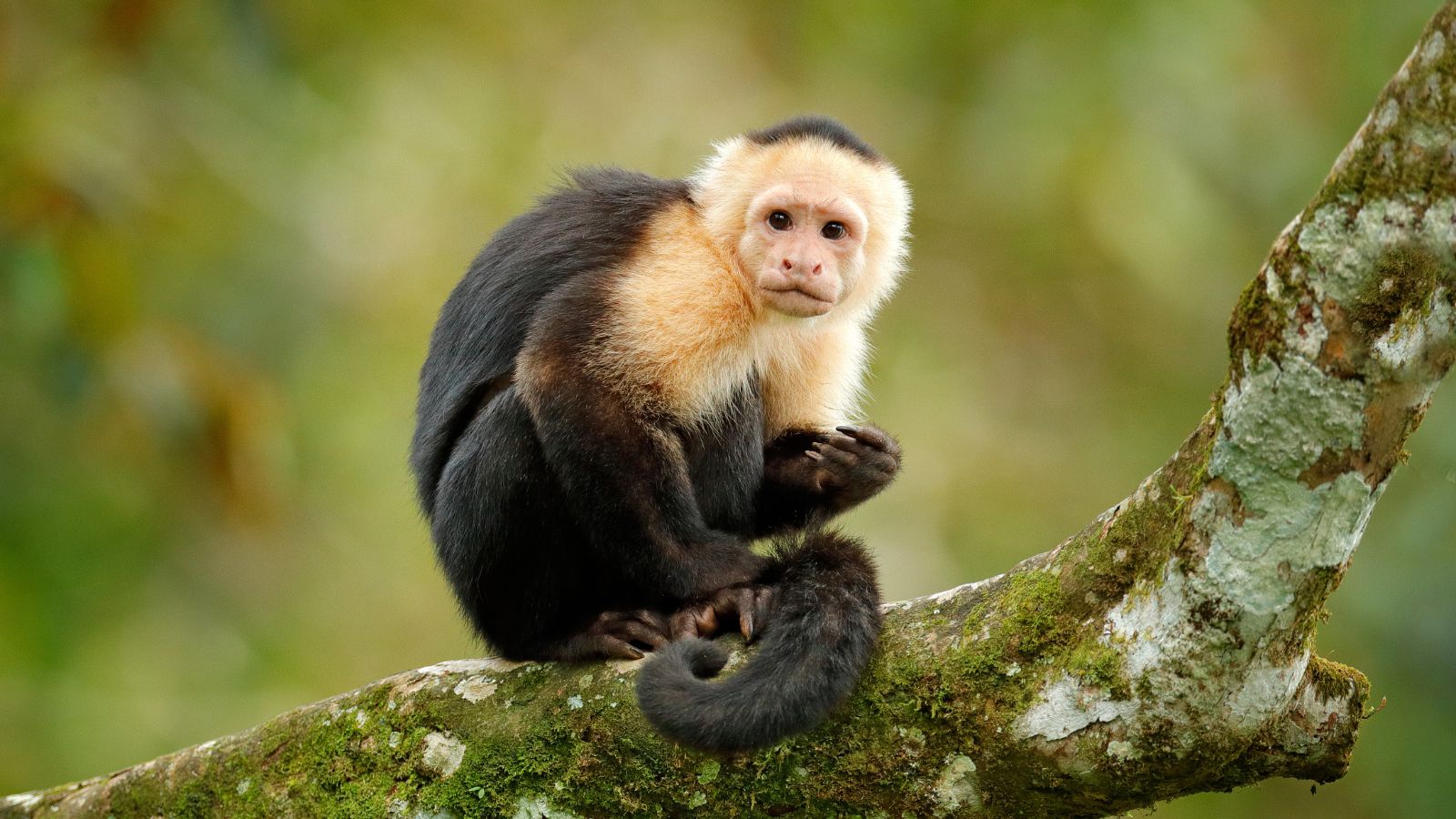
Tamarins are a type of monkey found in South America. However, anyone attempting to take their pet tamarin northward will run into trouble, as pet tamarins aren’t allowed to be imported into the U.S. There is an exception to this rule, as it’s possible to import them for scientific reasons.
Turtles

Like their terrapin cousins, small turtles won’t make it over the border if you attempt to bring them into the U.S. for commercial reasons. Private individuals can import up to six small turtles for noncommercial reasons, but these reptiles are a no-go otherwise—even if you somehow got them a work visa!
Bats
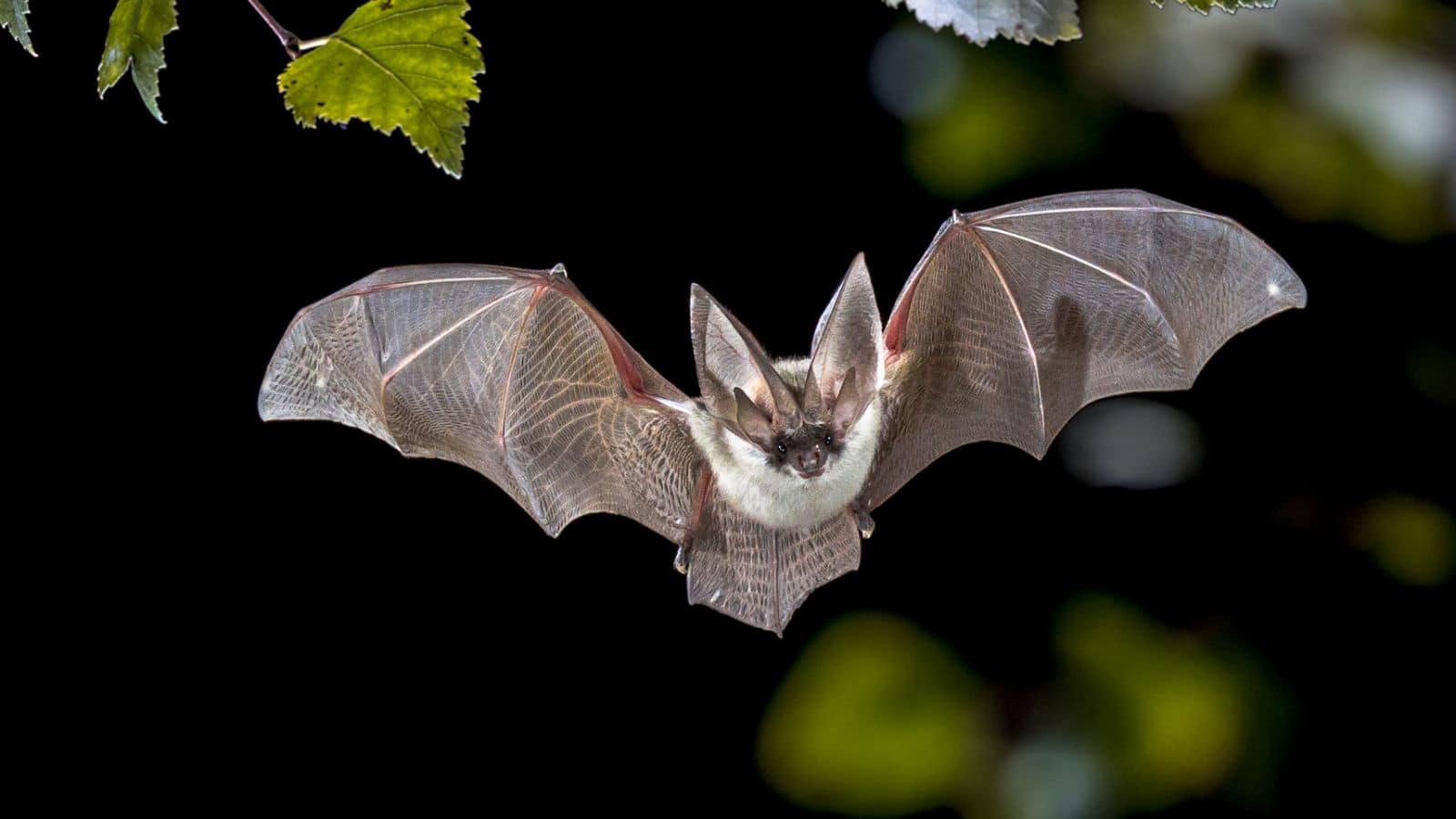
Bats have a poor reputation nowadays, with some scientists linking them to the origin of COVID-19. As such, the U.S. forbids the import of bats unless they’re being used for scientific purposes. Bats carry zoonotic diseases that can be transmitted to humans.
Tortoises
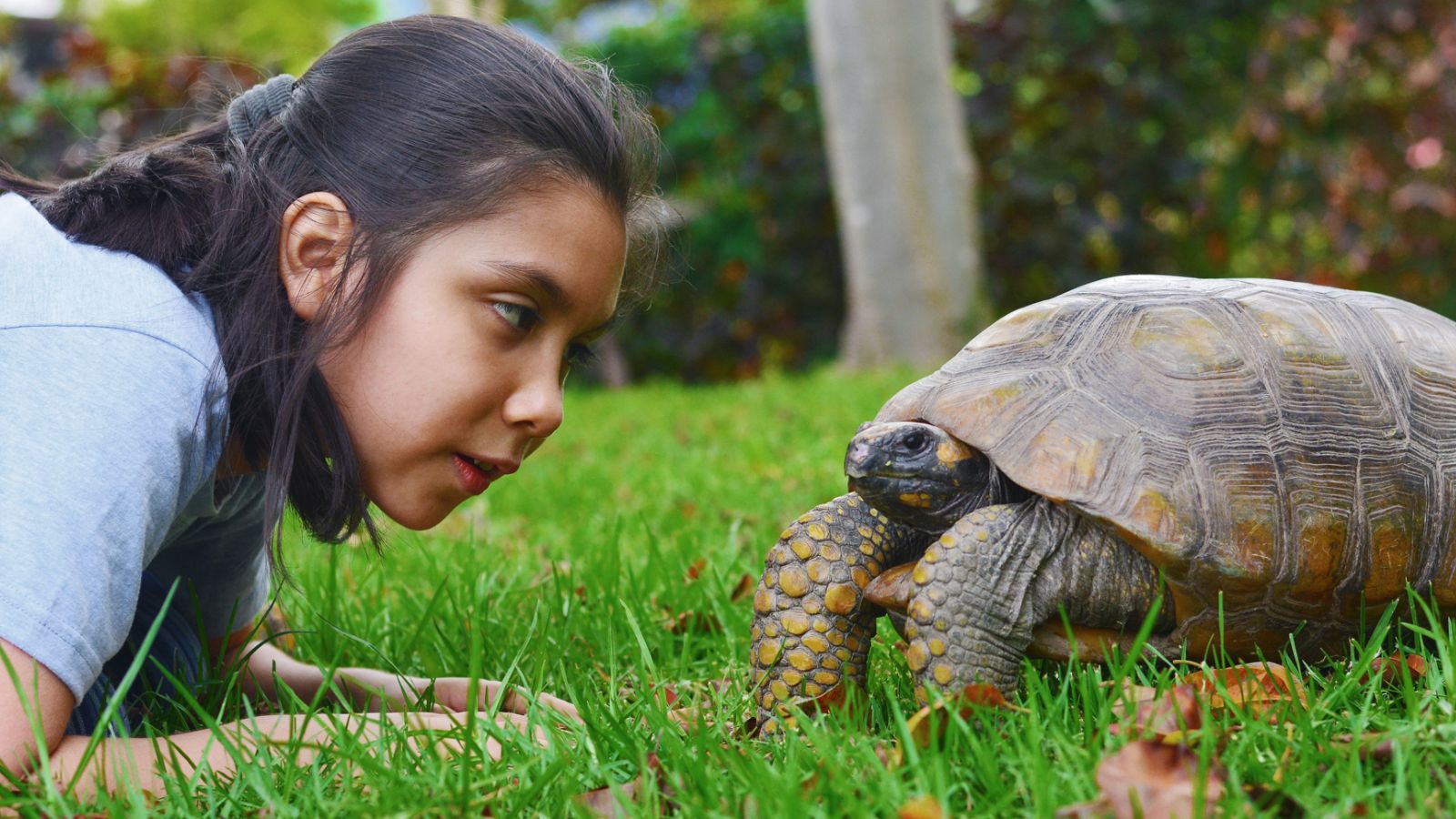
As the BBC reports, tortoises can live for decades, yet they can also carry diseases that negatively impact human life expectancy. Because of this, the importation of small tortoises is restricted if they’re meant for commercial use. However, eggs and even live tortoises may be imported under very specific circumstances.
Cats

Be careful when bringing cats into the U.S., as you might run into difficulties. Healthy cats are pretty much guaranteed to make the grade, but felines showing signs of disease run the risk of being quarantined or even outright rejected. Ensure that your cats are fighting fit before bringing them in.
Squirrel Monkeys
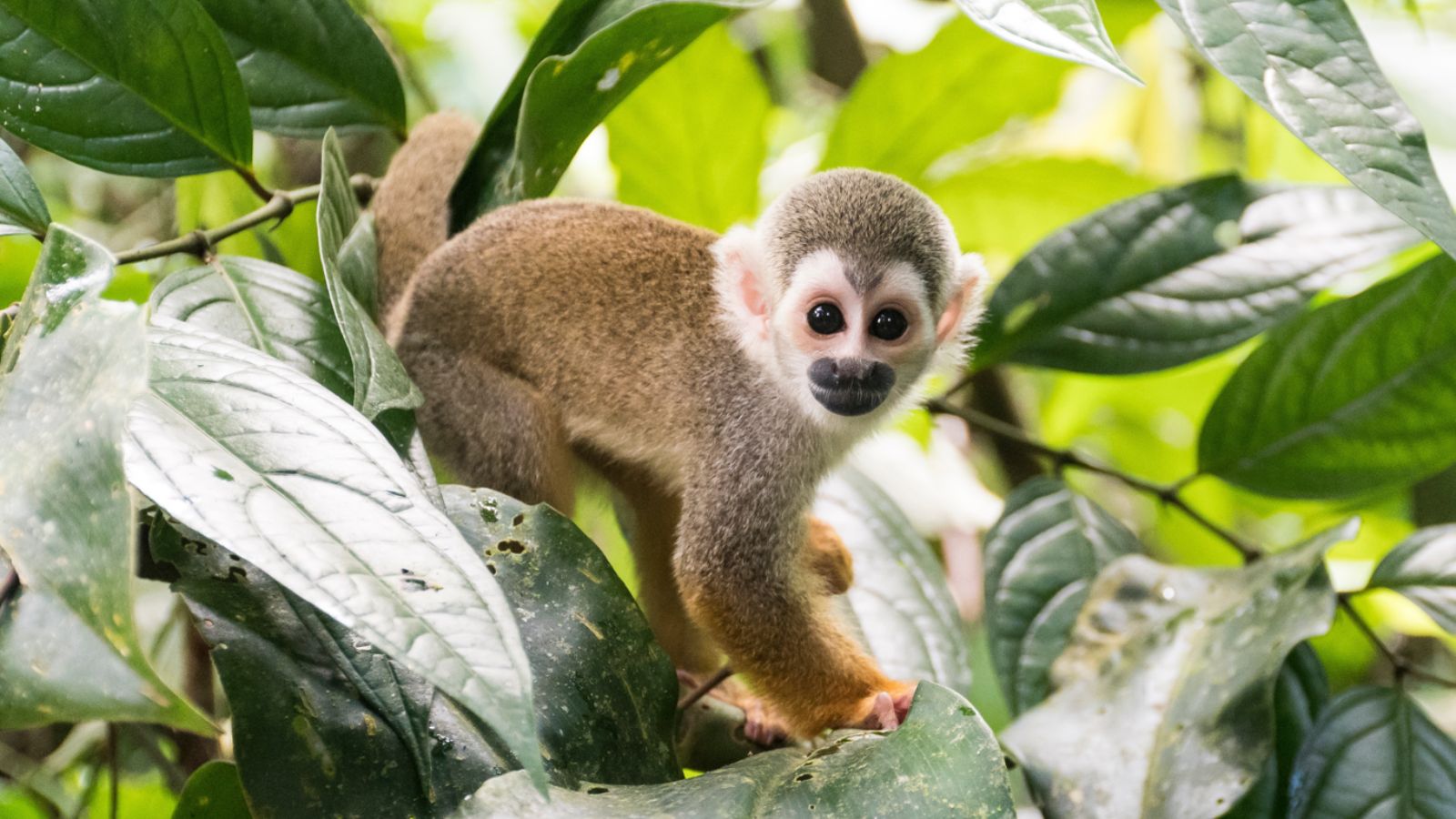
Squirrel monkeys are native to the jungles of South and Central America, and the U.S. would like to keep them there due to their non-human primate status. Funnily enough, one squirrel monkey went to space, but the U.S. is still off-limits.
Macaques
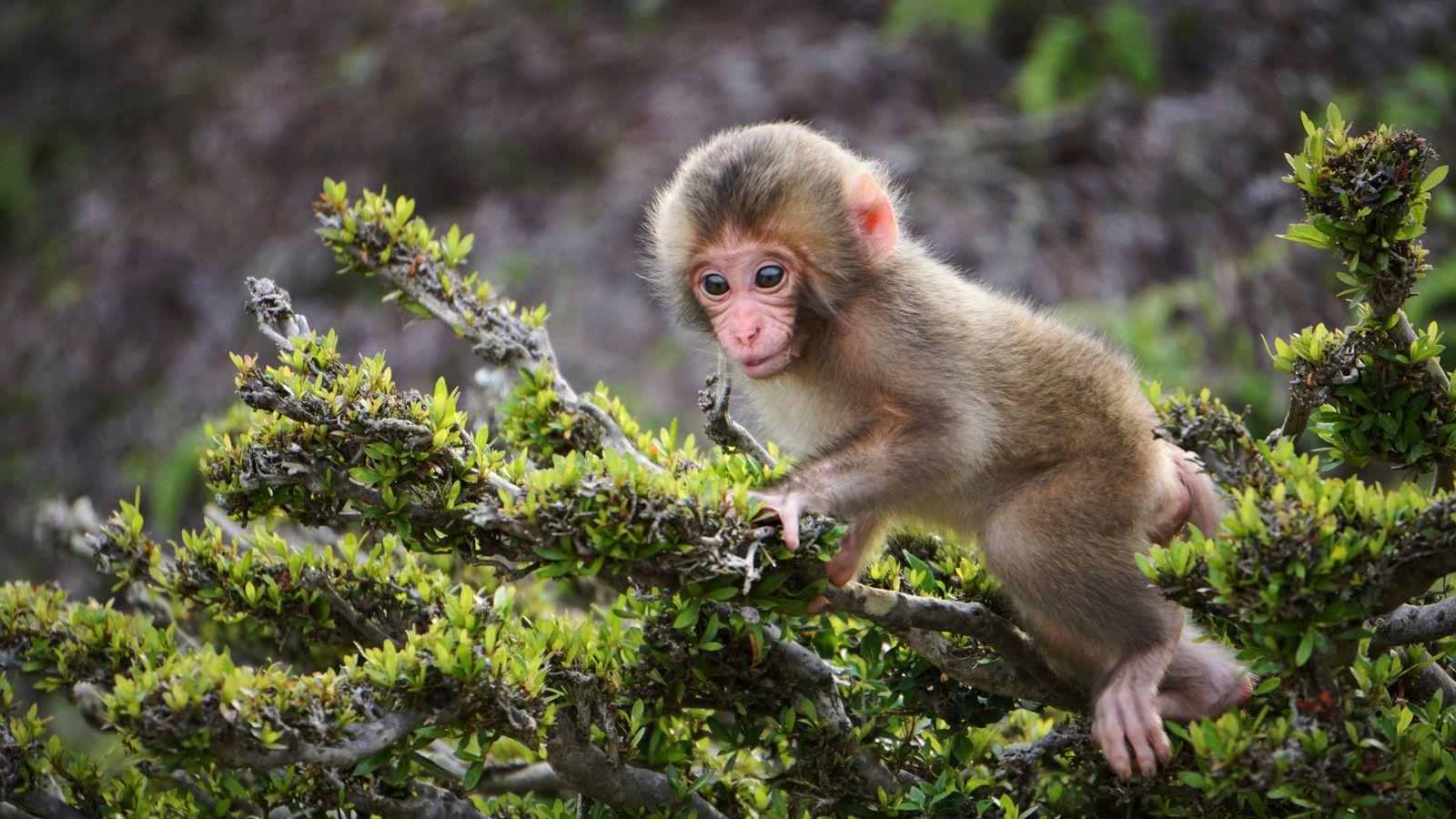
These Asian and North African primates are prevented from crossing the U.S. border because they can carry diseases that are dangerous to humans, such as yellow fever. No amount of pleading will convince a border agent to let you bring one to through as a pet—the risk is just too great.
Civets
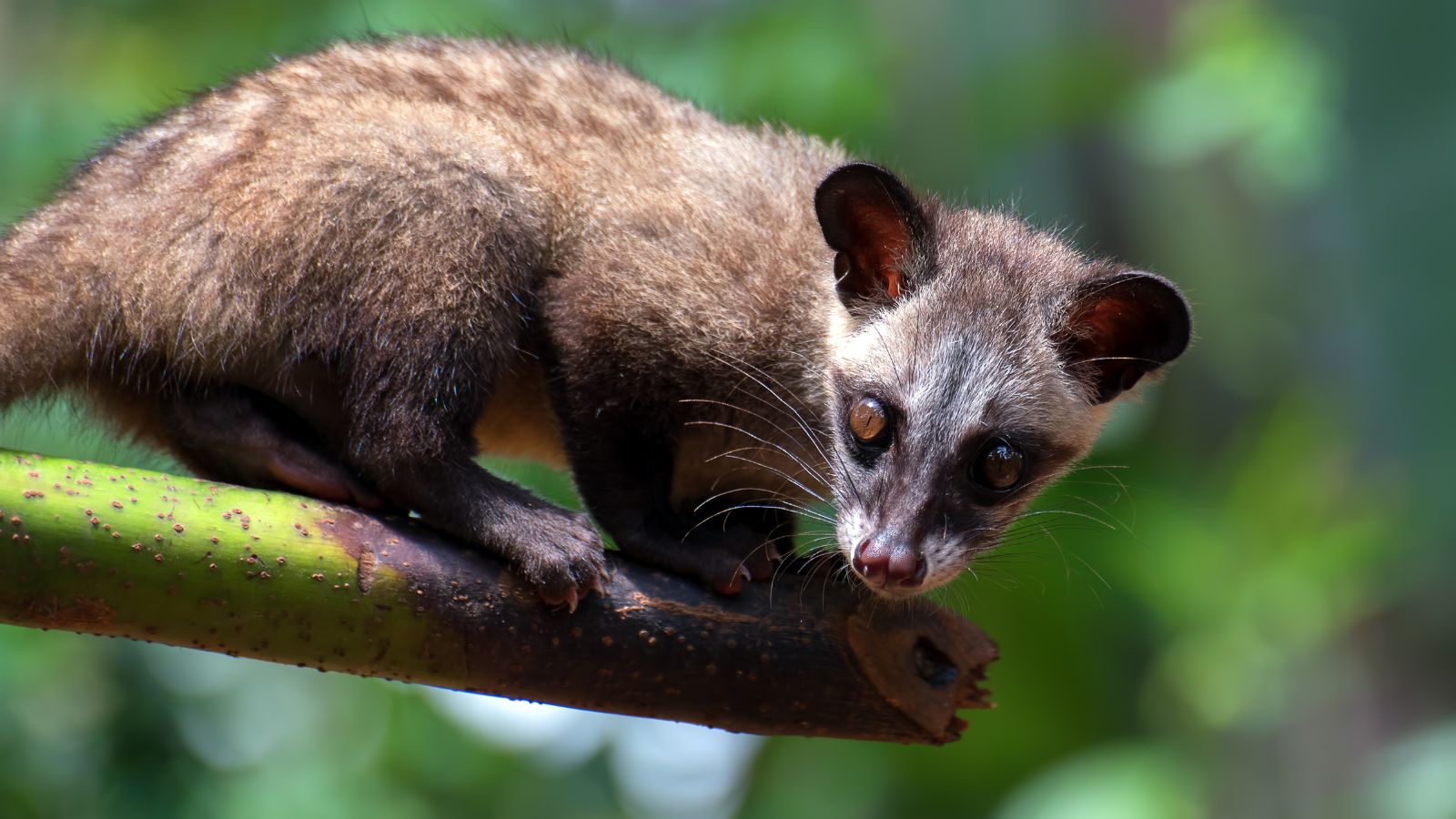
Civets are small mammals from Asia and Africa, but the U.S. takes a dim view of these nocturnal carnivores because they can be vectors for the deadly SARS virus. As a result, American authorities take a cautious approach towards civets and many other rodents.
Baboons
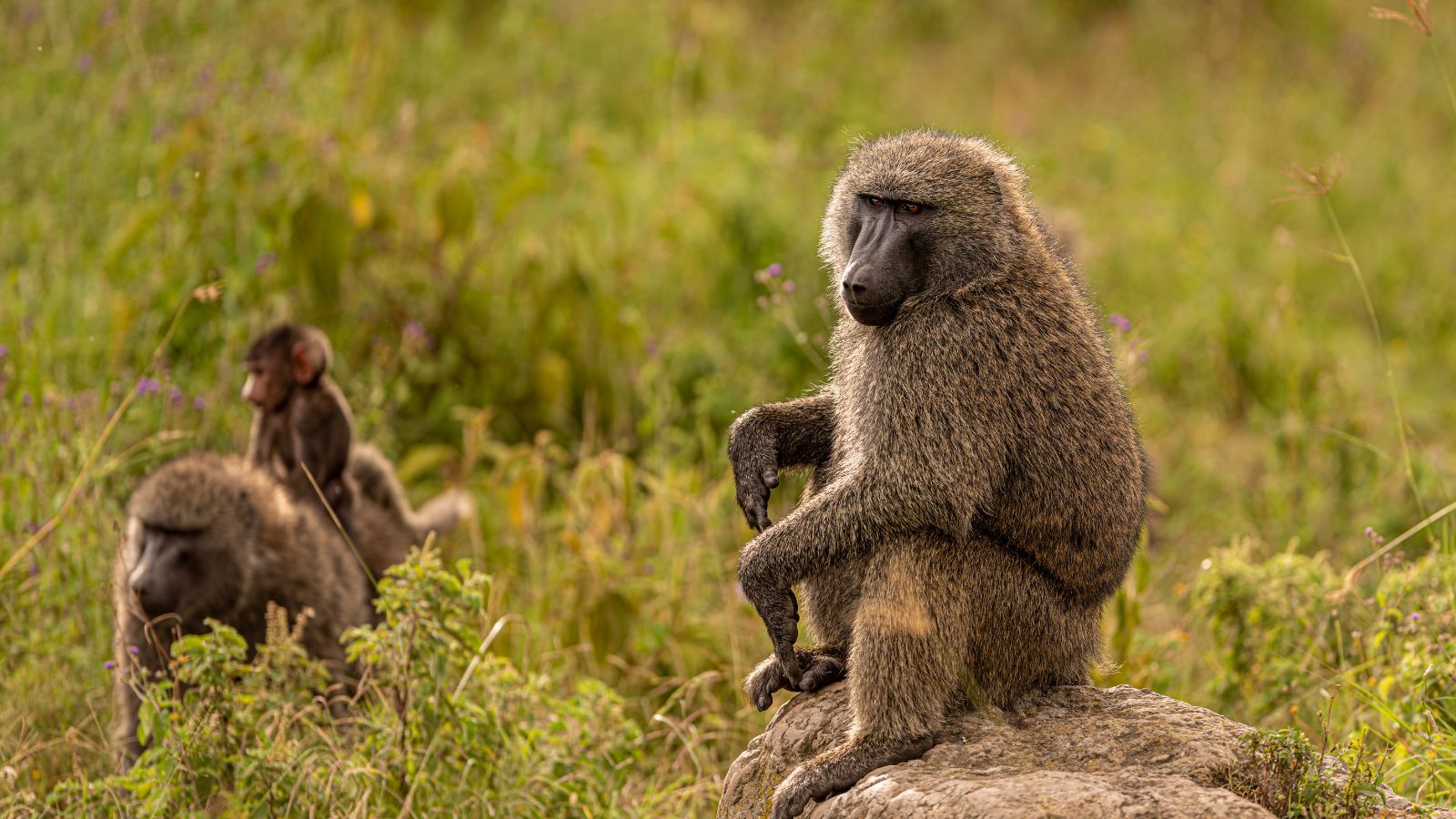
Baboons have a reputation for causing mayhem in their native Africa—Brittanica mentions their raids on farmer’s crops—but this isn’t why they’re not allowed into the U.S. Baboons are another primate, so unless they’re being imported for science, they’ll be turned away at the border.
Marmosets
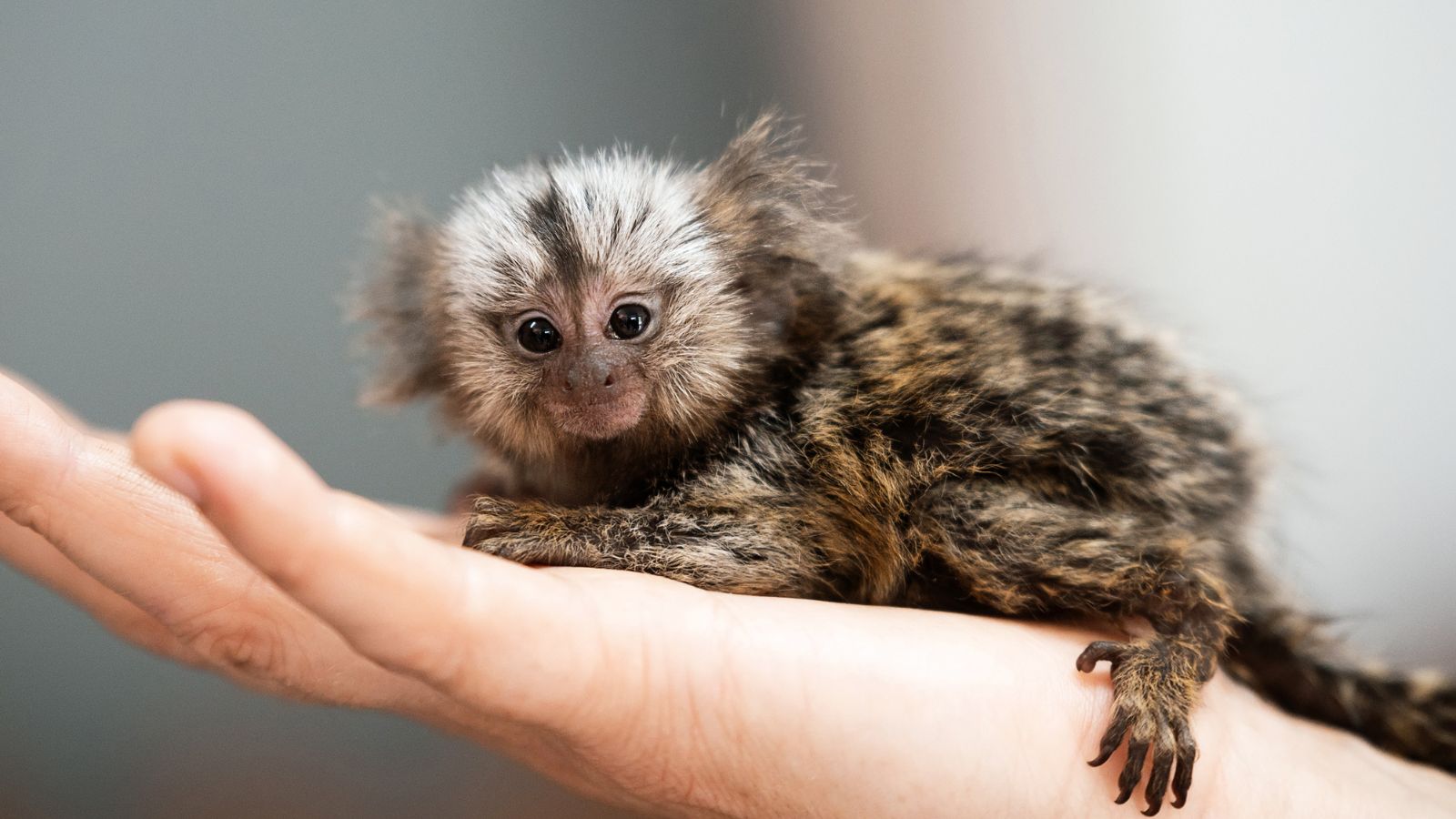
Marmosets are small monkeys with long tails that hail from South America. Despite their size, they represent a significant threat to the health of average Americans, as they sometimes carry diseases. Therefore, the import of pet marmosets is prohibited in the U.S.
Binturongs
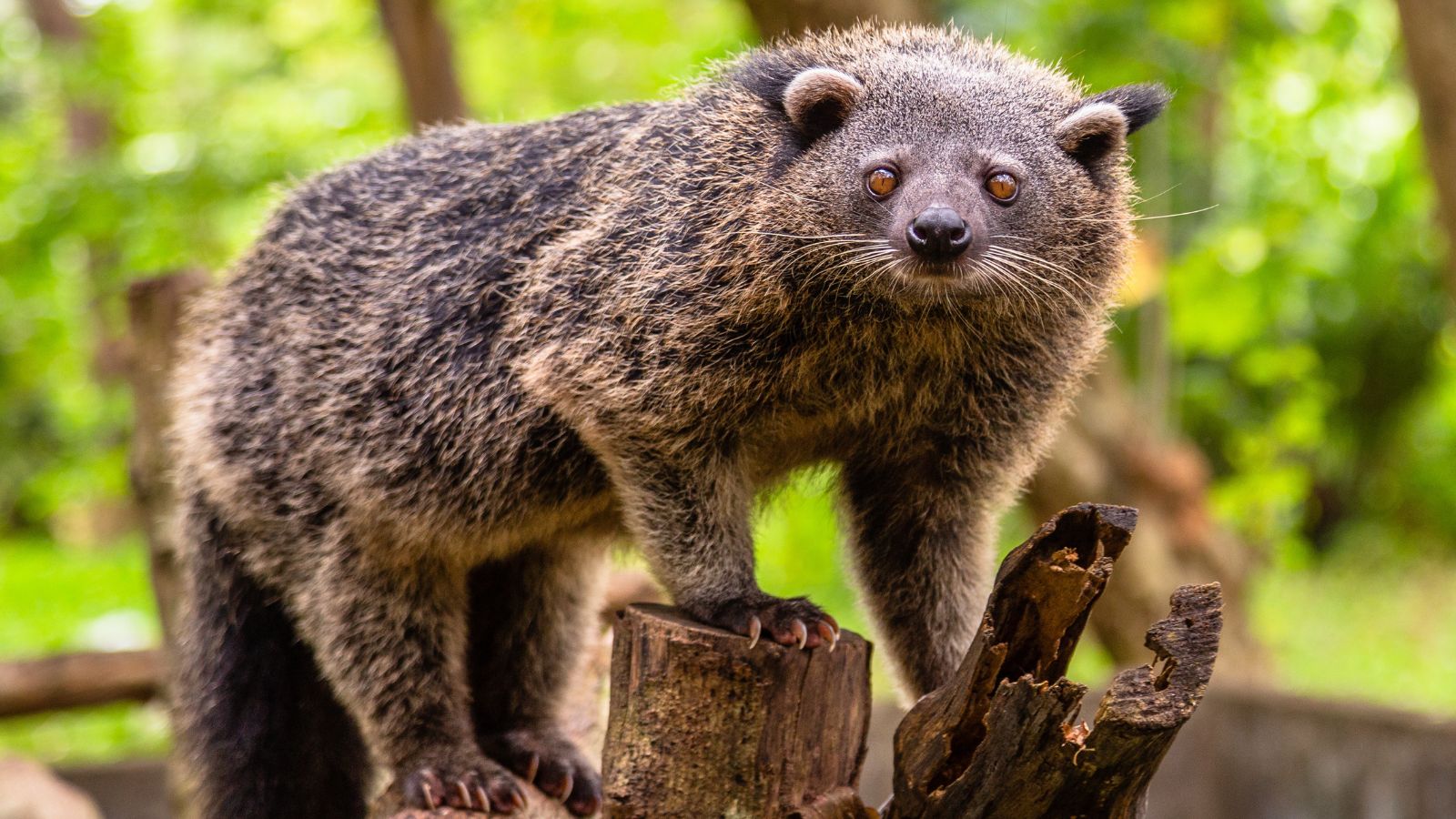
If you’ve visited Southeast Asia and befriended a binturong, you’re going to struggle to get your new pet back into the U.S. These cute omnivores are sometimes known as bearcats, and they’re also known to bear (as in carry) several diseases. You’ll have no luck importing them.
Spider Monkeys
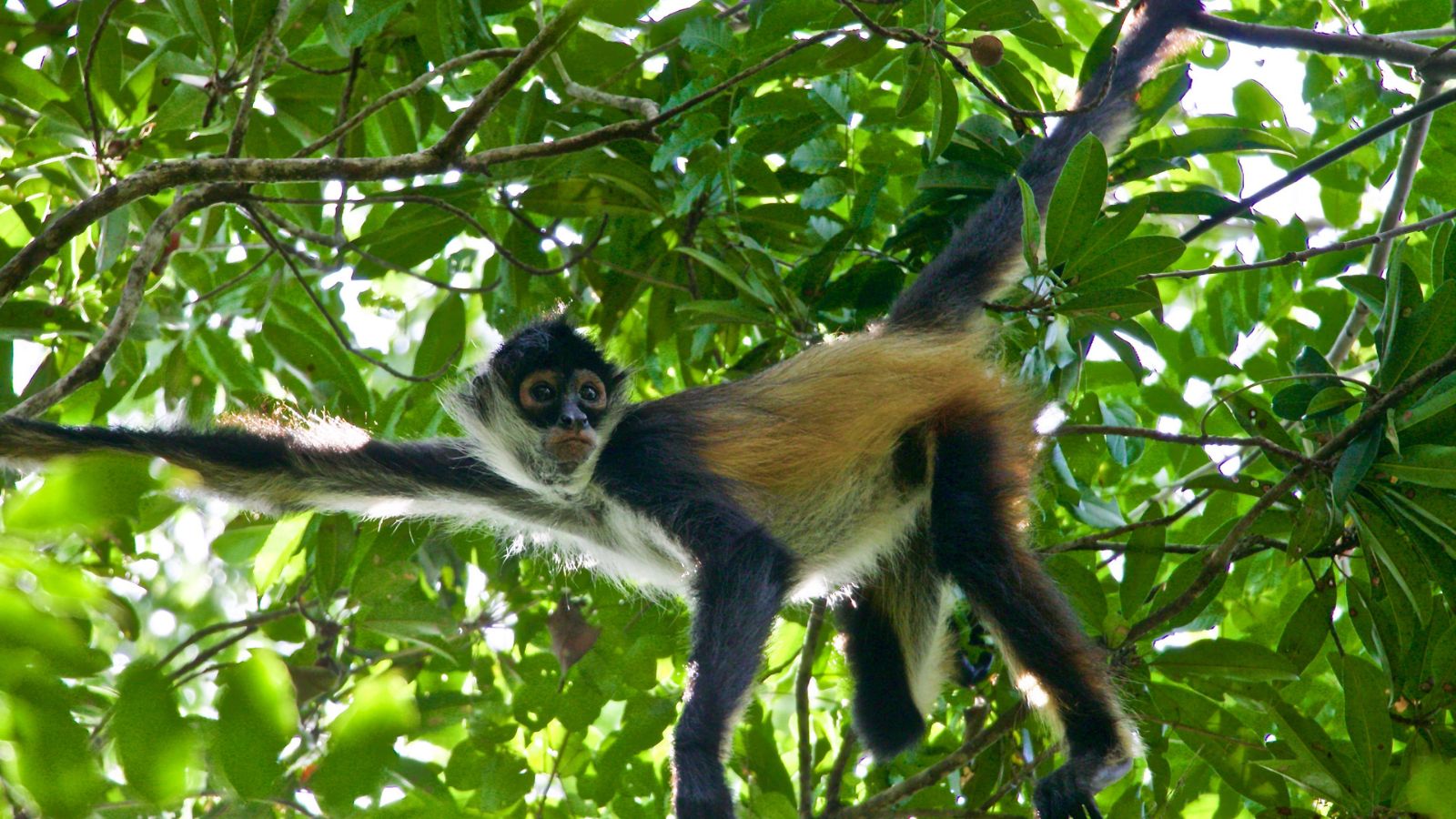
Spider monkeys aren’t restricted because of an anacrophobia epidemic among border staff—rather, they’re a disease risk. Non-human primates are known to carry diseases such as tuberculosis and ebola, meaning that spider monkeys aren’t on the guest list when it comes to entering the U.S.
Insects
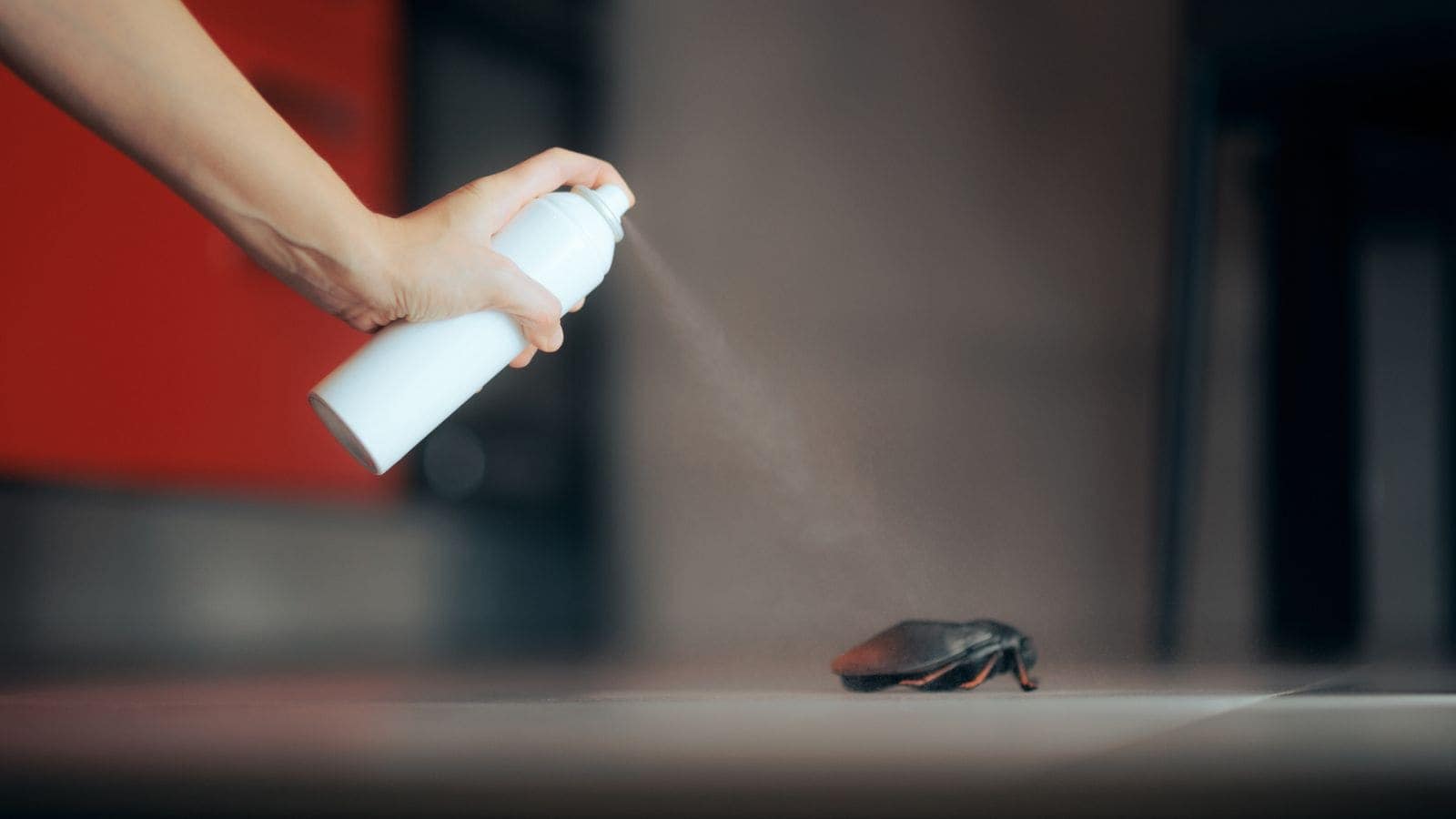
Plenty of people are scared of creepy crawlies, so it’s easy to see why a permit is needed to bring them onto U.S. soil. This fear is understandable, as insects can carry dangerous zoonotic diseases. Don’t forget to have the paperwork to hand next time you bring your insects on vacation!
Genets
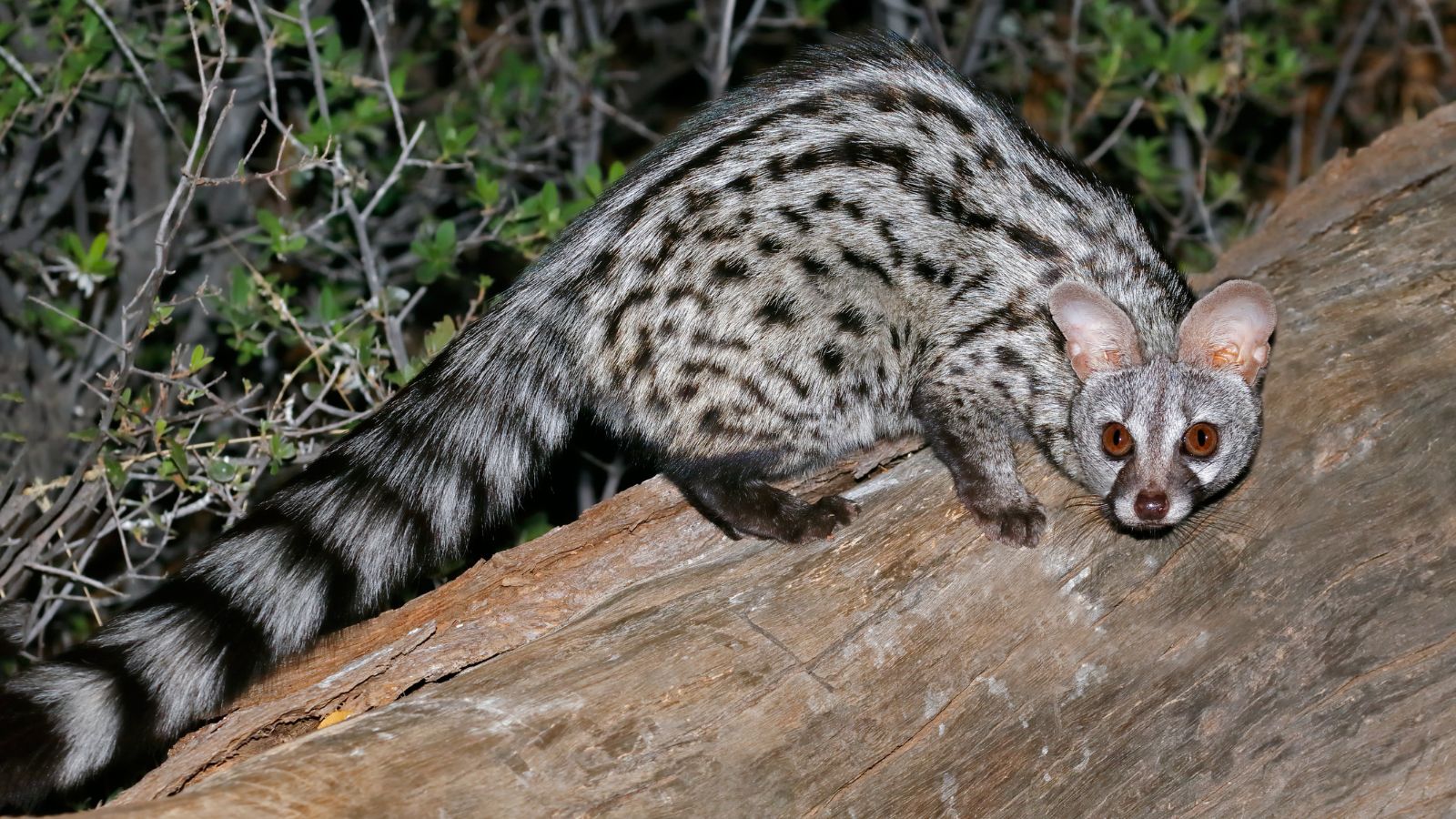
Genets are found in Africa, Asia, and Europe, but they’re certainly not welcome in the U. S. Like their fellow African rodents, genets are considered a liability when it comes to public health and are well known for carrying the deadly SARS virus.
Gambian Pouched Rats
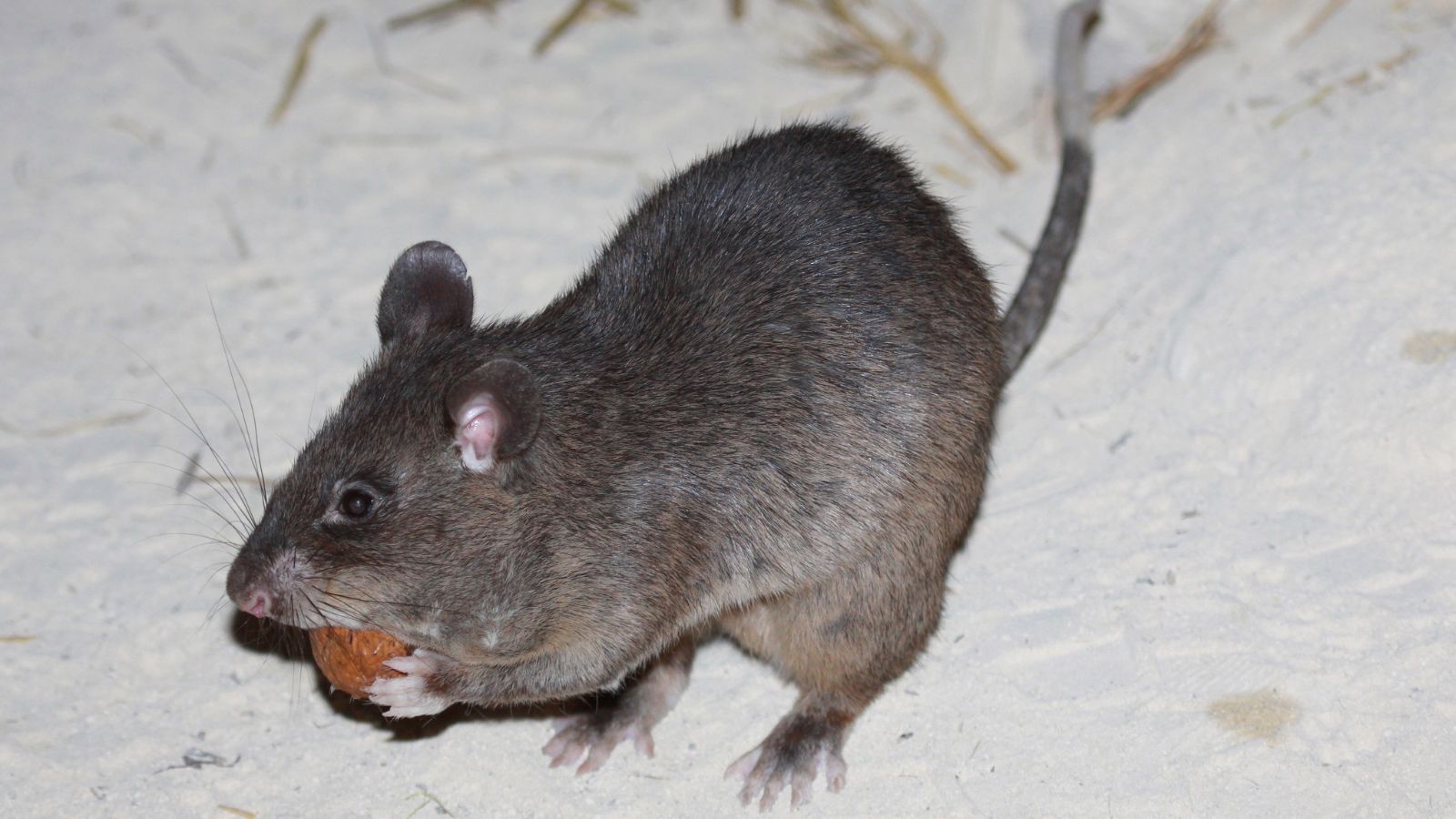
As the name suggests, Gambian pouched rats come from sub-Saharan Africa. People used to be able to keep them as pets in the U.S., but too many pouched rat jailbreaks resulted in them becoming an invasive species in Florida. They’re also linked to monkeypox outbreaks, so restricting their entry makes sense.
Dogs

Dogs are man’s best friend, so it seems nearly unthinkable to forbid their import into the U.S. However, some dogs are restricted, and the process of importing any canine is heavily regulated. This is because of the threat posed by rabies; dogs are responsible for 99% of human rabies transmissions, according to the World Health Organization.
Snails
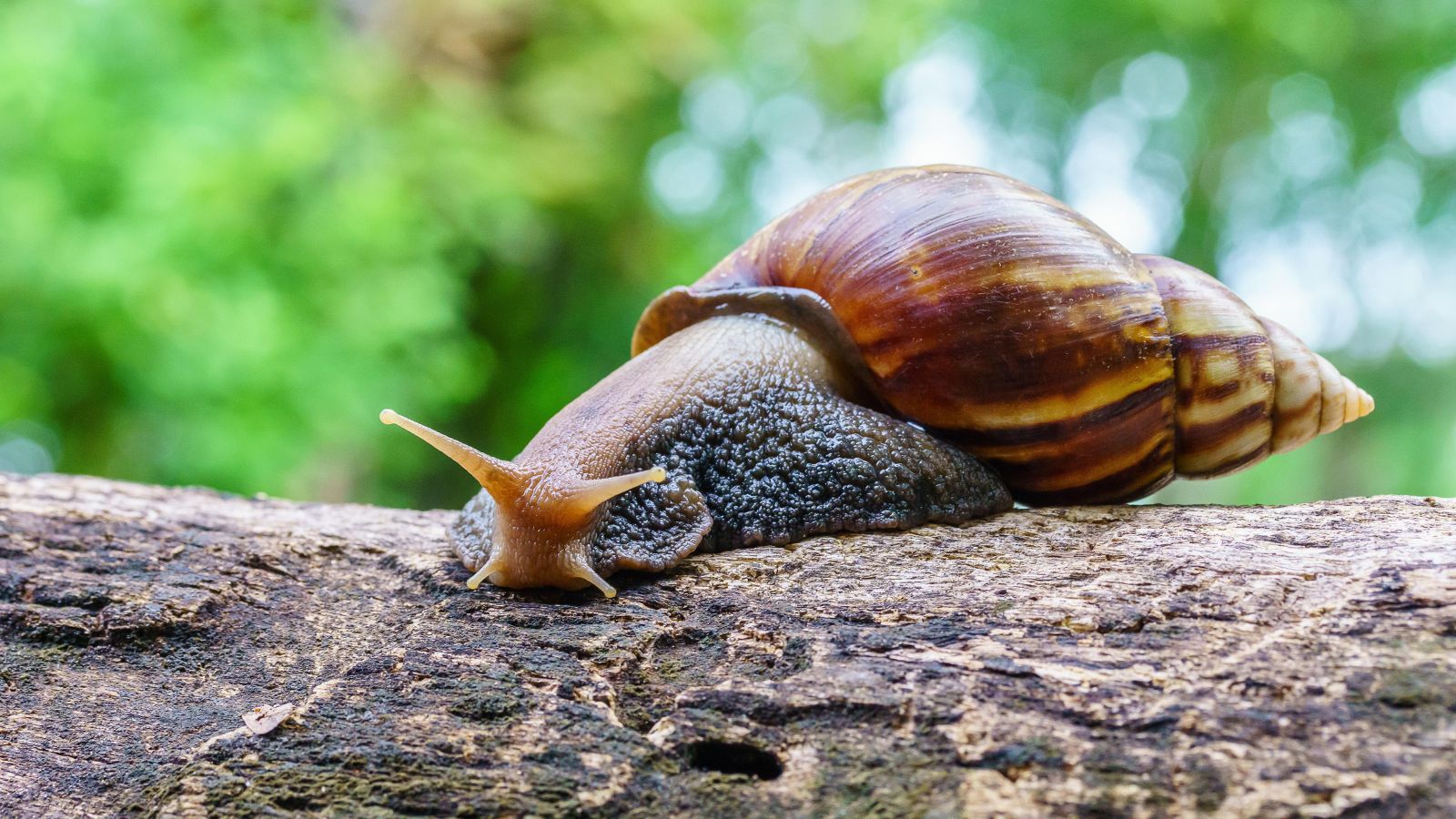
Snails might not seem to pose much of a threat, but they’re still banned from entering the U.S. except under specific circumstances because they can carry zoonotic diseases. Snails may be slow movers, but this doesn’t stop them from posing a threat to the American public.
Mink
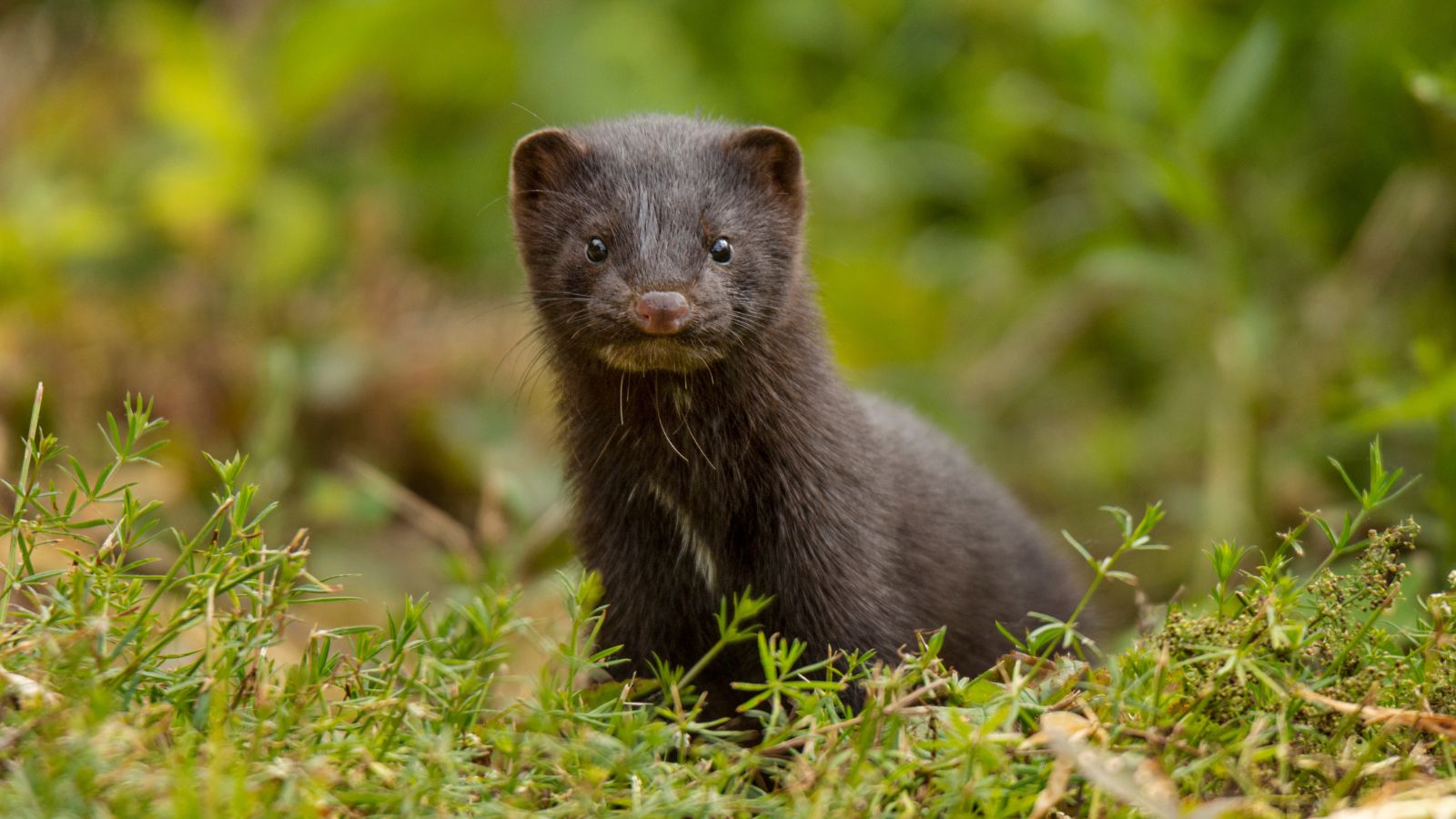
Mink are bred for their fur, but something else can breed in mink farms: the COVID virus. In order to prevent another pandemic, American authorities have clamped down on the import of mink into the country. Not even dead mink get a free pass—their products are also considered a potential threat.
Up Next: 20 Personal Things You Should Never Share With Others

Building meaningful connections with others requires a certain level of transparency and trust, but that doesn’t mean you have to tell your friends and family members everything! Some aspects of our lives are too personal, incriminating, or risky to share. This article explores 20 aspects of your personal life that you should always keep confidential.
20 Personal Things You Should Never Share With Others
18 Things Everyone Forgets to Include in Their Will—But Shouldn’t

Wills and estate plans are essential ways to ensure what will happen to your belongings and property when you die or are incapacitated. However, people often forget to include important information in their wills before it’s too late, complicating matters for their descendants. Here are the 18 common things people forget to include in their will.
18 Things Everyone Forgets to Include in Their Will—But Shouldn’t
18 Items at Walmart that Aren’t Worth Your Hard-Earned Money

For many of us, Walmart is the go-to superstore. Whether we need groceries, clothing, or technology, Walmart is a one-stop shop for everything you would need. However, there are some Walmart products you should avoid at all costs, such as the following 18 examples.
18 ITEMS AT WALMART THAT AREN’T WORTH YOUR HARD-EARNED MONEY
